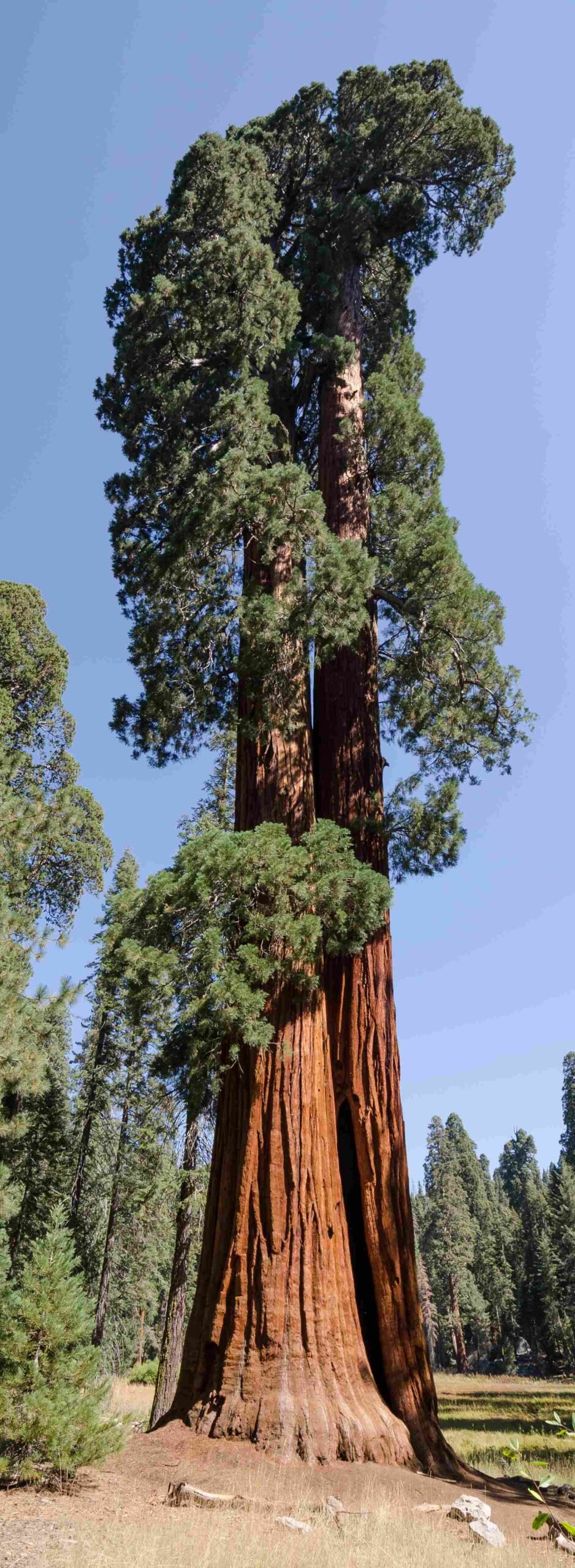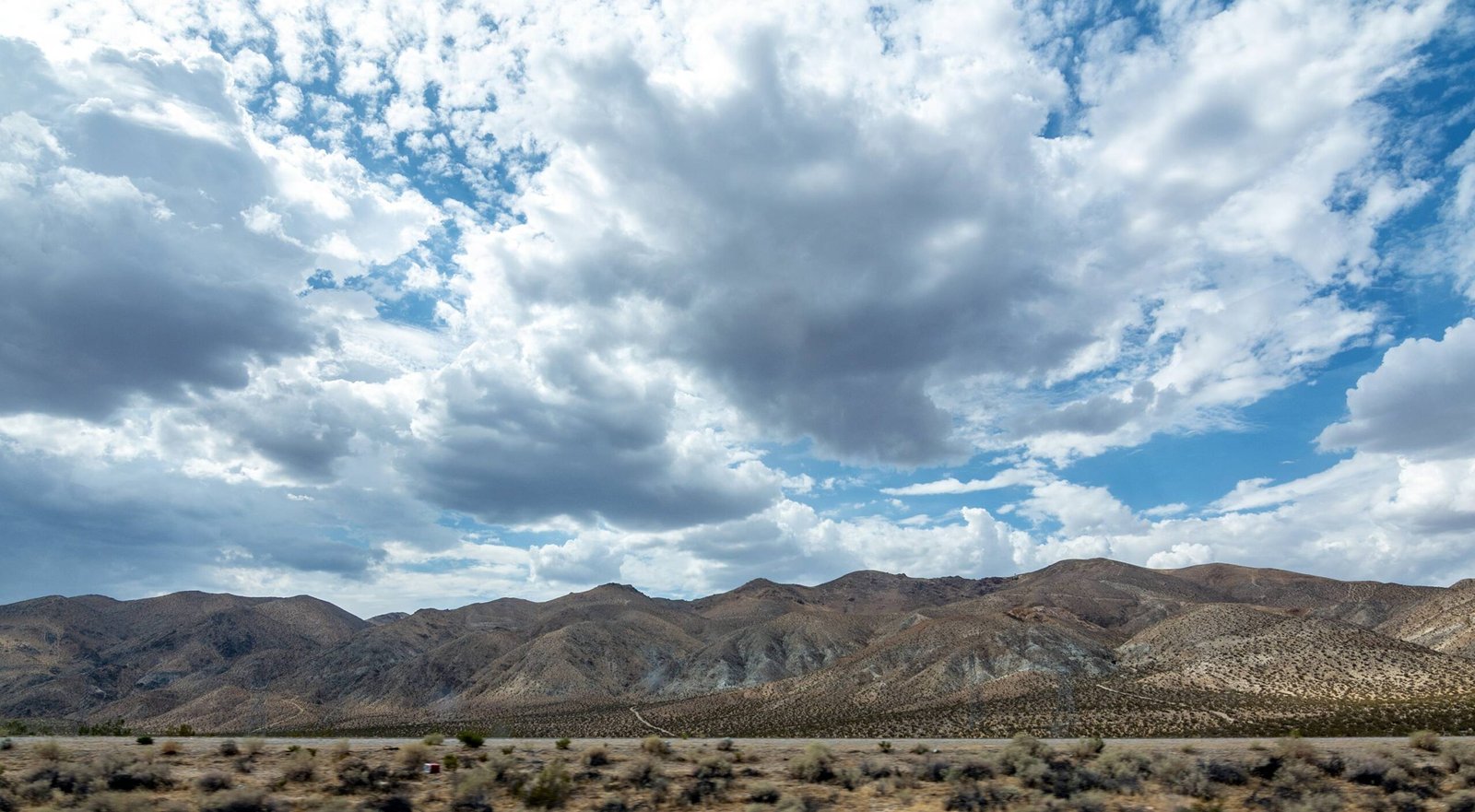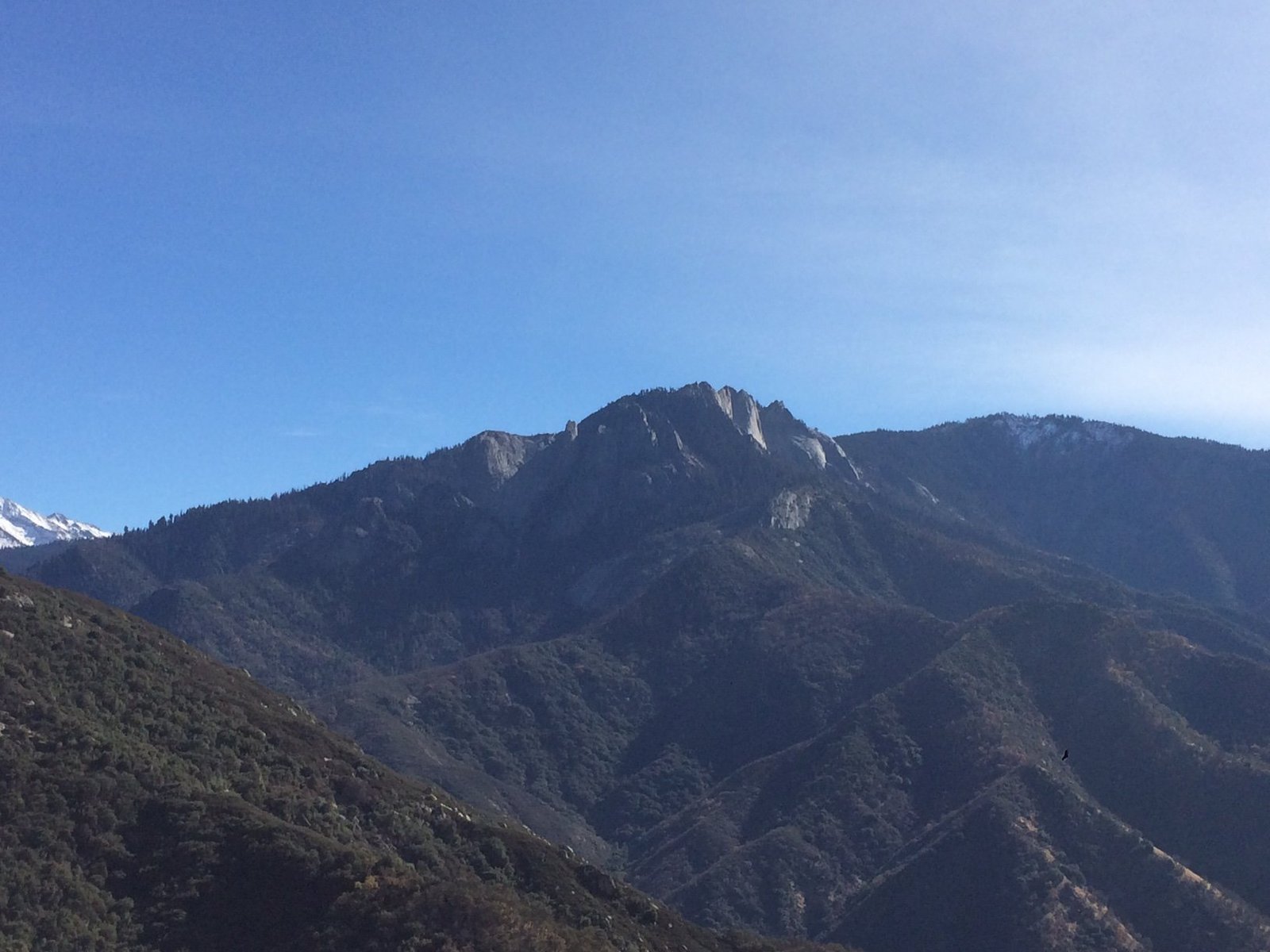Sequoia National Park, home to towering ancient trees and rugged mountain landscapes, offers a diverse range of hiking and climbing opportunities. The Sequoia National Park mountain project encompasses various trails, from moderate walks to strenuous climbs, catering to all skill levels. With its unique blend of natural wonders, including giant sequoias and high-altitude peaks, the park provides an unparalleled outdoor experience for adventure enthusiasts and nature lovers alike.
What Are the Most Popular Mountain Trails in Sequoia National Park?

Sequoia National Park boasts an impressive array of mountain trails, each offering unique experiences and challenges. Here are some of the most popular trails:
- Tokopah Falls Trail
- Length: 3.8 miles (out-and-back)
- Elevation Gain: 630 feet
- Difficulty: Moderate
-
Highlights: Giant sequoia forests, 1,200-foot-tall Tokopah Falls
-
The Lakes Trail
- Length: 11.6 miles (out-and-back)
- Elevation Gain: 3,700 feet
- Difficulty: Moderate to Strenuous
-
Highlights: Heather Lake, Emerald Lake, Pear Lake, Sierra Nevada Mountain views
-
Heather Lake via Lakes Trail
- Length: 7.8 miles (out-and-back)
- Elevation Gain: 2,423 feet
- Difficulty: Hard
-
Highlights: Granite peaks, sequoia forests, popular for camping and fishing
-
Marble Falls Trail
- Length: 6.3 miles (out-and-back)
- Elevation Gain: 1,499 feet
- Difficulty: Moderate
-
Highlights: Deep canyon traverse, diverse flora, Marble Falls
-
Little Baldy Dome Trail
- Length: 3.3 miles (out-and-back)
- Elevation Gain: 794 feet
- Difficulty: Moderate
-
Highlights: Panoramic park views, Silliman Crest, Great Western Divide
-
Alta Peak Trail
- Length: 14 miles (round-trip)
- Elevation Gain: Significant (to 11,204 feet)
- Difficulty: Strenuous
-
Highlights: Great Western Divide views, High Sierra vistas, Mt. Whitney visibility
-
Monarch Lake Trail
- Length: 9 miles (round-trip)
- Elevation Gain: Significant
- Difficulty: Moderate-Strenuous
- Highlights: East Fork Kaweah Valley, Monarch Canyon, Great Western Divide views
What Are the Climbing Routes and Challenges in Sequoia National Park?

The Sequoia National Park mountain project offers various climbing routes catering to different skill levels. Here are some key details:
Difficulty Ratings and Permits
- Most trails require moderate to strenuous physical fitness
- Overnight trips and wilderness areas need permits (available at visitor centers and ranger stations)
Notable Features and Challenges
- Alta Peak Trail
- Summit elevation: 11,204 feet
- Challenge: Strenuous climb
-
Reward: Panoramic views from the summit
-
The Lakes Trail
- Challenge: Significant elevation gain, long distance
-
Reward: Scenic alpine landscapes and lakes
-
Heather Lake via Lakes Trail
- Winter popularity due to other trail closures
- Challenge: Hard difficulty, elevation gain, terrain
How Does Weather Affect the Sequoia National Park Mountain Project?
Weather conditions play a crucial role in planning your Sequoia National Park mountain project adventure. Here’s what you need to know:
Seasonal Weather Patterns
| Season | Temperature | Conditions |
|---|---|---|
| Summer | Hot in foothills (100°F+), cooler at higher elevations | Ideal for most trails |
| Winter | Cold, snowy at higher elevations | Some trail closures, snow gear required |
| Spring/Fall | Mild temperatures | Ideal for hiking and climbing |
Weather Advisories
- Always check current conditions before starting your adventure
- Be prepared for sudden weather changes, especially at higher altitudes
- Winter months may require snowshoes or cross-country skis for certain trails
What Amenities Are Available for the Sequoia National Park Mountain Project?
To ensure a comfortable and safe experience, the park offers various amenities:
- Parking Locations
-
Available at trailheads (e.g., Wolverton Trailhead for The Lakes Trail, Tokopah Falls Trailhead)
-
Restroom Facilities
-
Found at visitor centers, campgrounds, and select trailheads
-
Guided Tours and Events
- Ranger-led programs and guided hikes available
- Check park website or visitor centers for schedules
How Can I Prepare for My Sequoia National Park Mountain Project Adventure?
Proper preparation is key to a successful and enjoyable experience:
- Physical Conditioning
- Train for elevation gain and long distances
-
Focus on cardio and leg strength exercises
-
Gear Checklist
- Sturdy hiking boots
- Weather-appropriate clothing (layers recommended)
- Plenty of water and high-energy snacks
- Navigation tools (map, compass, GPS)
-
First aid kit
-
Safety Precautions
- Inform someone of your itinerary
- Start early to avoid afternoon thunderstorms
-
Be aware of wildlife and proper food storage techniques
-
Leave No Trace
- Pack out all trash
- Stay on designated trails
- Respect wildlife and plant life
What Makes the Sequoia National Park Mountain Project Unique?
The Sequoia National Park mountain project stands out for several reasons:
- Diverse Ecosystems
-
Transition from giant sequoia forests to alpine environments
-
Geological Wonders
-
Marble caves, granite formations, and deep canyons
-
Historical Significance
-
Home to some of the oldest and largest trees on Earth
-
Scenic Beauty
- Panoramic vistas of the Sierra Nevada range
-
Pristine alpine lakes and meadows
-
Challenging Terrain
- Opportunities for both beginners and experienced mountaineers
By embracing the Sequoia National Park mountain project, adventurers can experience the awe-inspiring beauty of one of America’s most cherished natural treasures while challenging themselves physically and mentally. Whether you’re scaling Alta Peak or meandering along the Tokopah Falls Trail, the park offers unforgettable experiences that connect visitors with the raw power and majesty of nature.
References:
1. The Wandering Queen – Best Hikes in Sequoia National Park
2. California Wanderland – 8 Best Day Hikes In Sequoia National Forest
3. Visit Visalia – Hit The Best Hiking Trails In Sequoia National Park

